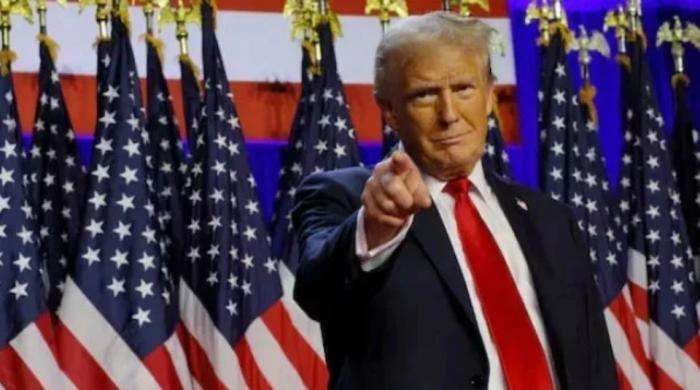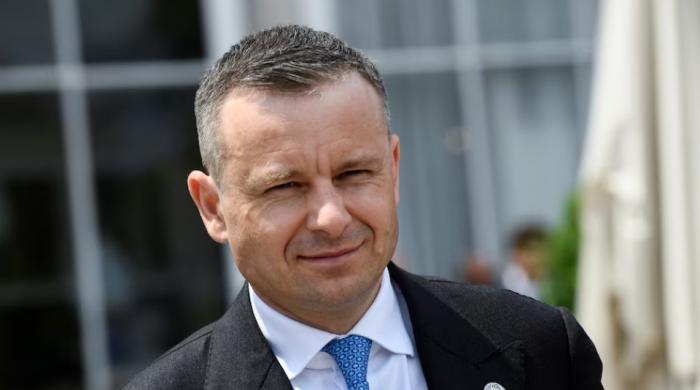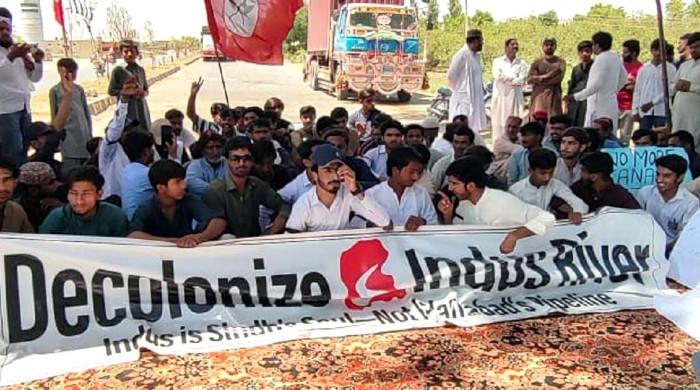Pakistan’s economy out of crisis phase: Umar
Finance minister says stabilisation phase will continue for one and a half years
April 08, 2019
ISLAMABAD: Pakistan’s Finance Minister Asad Umar said on Monday that the country’s economy was out of the crisis phase.
“The crisis phase for the economy is over, however, we are still in the stabilisation phase,” Umar said during an event.
This stabilisation phase the finance minister said would continue for the next one and a half years. He compared the economy to a patient in the ICU who had been treated and now brought back to a normal ward.
“The situation right now is that we are not taking loans to pay off past loans, but to pay off interest.”
According to the minister, Pakistan was facing three main problems on the economic front. The three chronic issues he said were the same when he was attending college 40 years ago.
“We are stuck with the fiscal deficit, current account deficit and saving and investment gap.”
'Simplify tax collection'
Finance Minister Asad Umar called on the Federal Board of Revenue (FBR) to simplify the tax return system with easier forms and lesser questions.
“The amount of questions FBR asks you for your returns is more than those asked when you are accepting a marriage proposal for your daughter,” Umar said.
The minister added that FBR should integrate its database and simply the mechanism for filing taxes. He added that the FBR would give a simplified tax system in this budget.
“Instructions in Urdu will be available on the website. They will not be hidden in some drawer. We have to create transparency.”
Asad Umar further said that the government was bringing an asset declaration scheme. “There should be no doubt that the scheme will be successful when people know they won’t be able to hide when it expires.”
“FBR capacity to reach those who are not paying the right taxes has drastically improved,” he stressed.
IMF talks in final stage
Finance Minister Asad Umar said Pakistan’s talks with the International Monetary Fund (IMF) were in its final stage.
The minister stressed that following the closure, the numbers of the loan deal would be shared. Umar revealed that the policy framework prepared had been shared with the IMF and sent to committees of Parliament and Senate.











